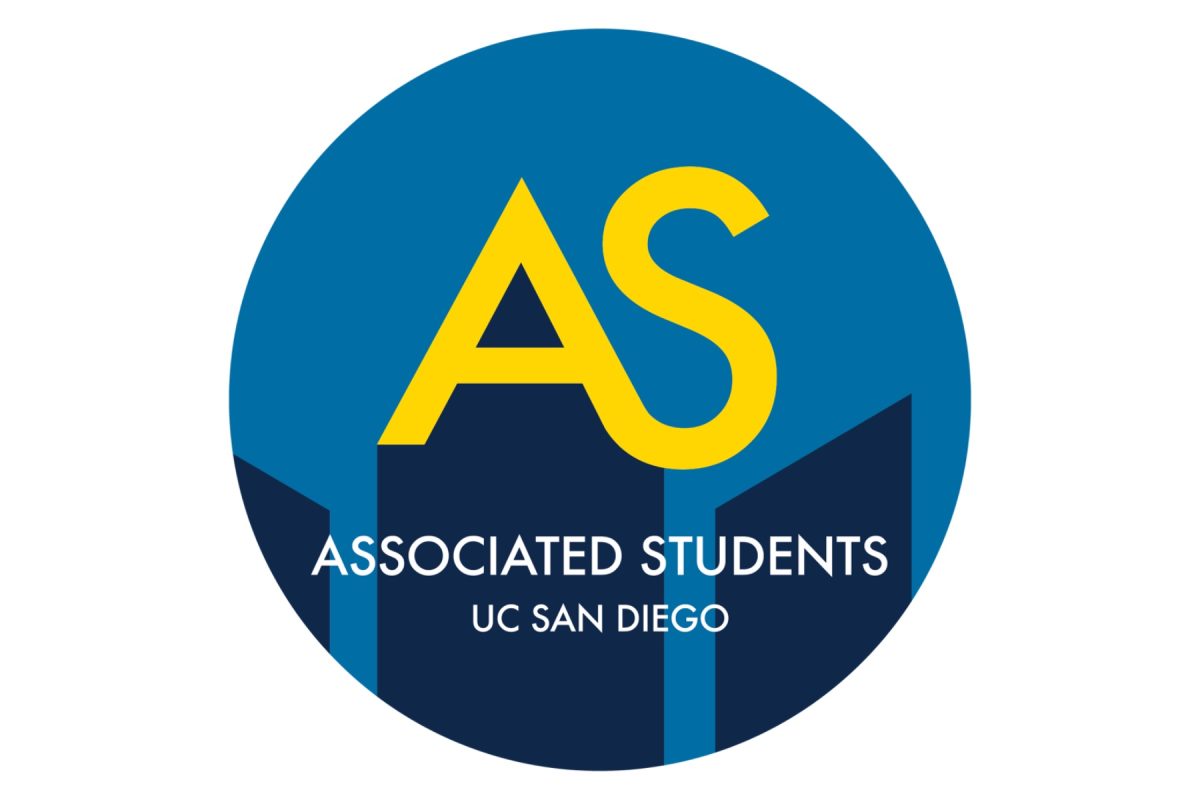At the Student Transportation Advisory Committee meeting on March 5, committee members and college representatives voiced student opposition at the possibility of charging for weekend on-campus parking while also expressing students’ mixed feelings about charging for Americans with Disabilities Act parking. The general student consensus was pulled from data in a survey that was sent out to the Graduate Student Association, as well as from student feedback from college councils. The ideas of charging for weekend and ADA parking have not been officially proposed and, according to Director of Transportation Josh Kavanagh, it will not launch in the next academic year.
The idea to charge for ADA parking and weekend parking was first introduced to STAC at its Feb. 19 meeting. In mid-February, STAC had released a Google form to the GSA asking for student opinions on unofficial proposed changes for weekend parking and ADA parking fees, as well as the possibility of adding SPIN bike racks at each end of the Gilman Bridge. The form received 218 responses, 169 of which addressed the weekend charges.
The proposed charges for weekend parking would have been lower than week-day parking prices. STAC’s intent with charging for ADA parking would be to decrease ADA parking pass abuse and enforce registration. According to GSA representative Erica Silva, the reasoning behind a suggested new charge for weekend parking would have been to “disperse the cost of maintaining campus resources to the full audience that uses those resources.”
According to the STAC meeting notes from Feb. 19, “over 400 [ADA] placards were confiscated last year.”
In the form, students expressed their opinions on charging for ADA parking.
According to Silva, “ADA parking got a mixed response — it was evenly dispersed on the opinions.”
Students provided both positive and negative feedback in terms of charging for ADA parking.
While there were many students who expressed indifference toward this potential policy, according to Silva, the strongest dissatisfaction was from a student who said, “UC San Diego is already hard to get around.” At the STAC meeting, Silva noted that the general consensus for ADA parking was to charge for parking but reduce its cost if the students were to register their placard with the campus parking.
UCSD is the only UC campus in the system that doesn’t charge for student ADA parking.
Kavanagh also expressed interest in the ADA parking as it would “decrease the likelihood of drivers being queried in the field” and be “advantageous to the Disabilities Community.”
Although there appeared to be mixed feelings for charging for ADA parking, most of the concerns for charging for general weekend parking appeared to be negative, especially from graduate students in GSA.
According to Silva, the weekend charges would “disproportionately affect graduate students whose salary is significantly lower than staff and faculty.” This is in reference to the fact that graduate students are more likely to visit campus over the weekend than staff members.
Survey responses also mentioned concerns that the weekend charges would negatively impact tourists and “discourage extra publicity.” Other students were worried that the weekend charges would also cost more in fees as UCSD Transportation Services would “employ people to patrol on the weekends.”
Due to the wide range of negative feedback, Kavanagh predicts that the programs will not be implemented in the next academic year.
“This is not a policy proposal,” Kavanagh said. “[Transportation Services] is interested in understanding what the perspectives of our customers [are] and how some university partners’ needs could be best accommodated.”
The STAC college representatives are against charging for ADA and weekend parking.
“We also oppose paid weekend parking, which would devalue the cost of the current S permit and put another barrier between UCSD and the La Jolla community, which often hosts events on the weekends bringing many visitors to campus,” STAC Chair Kelly Morris said.
Kavanagh also encourages students to voice opinions via STAC, including those regarding the weekend parking charges and ADA parking charges, as the program outcome may also be dependent on students’ reactions.
“STAC is a newly populated forum for conversations between students and the administration,” Kavanagh said to the UCSD Guardian.
STAC hosts meetings every two weeks, and they are open to student feedback on various Transportation topics. More information on STAC and their meeting discussions can be found online.
photo courtesy of the UCSD Transportation Website














